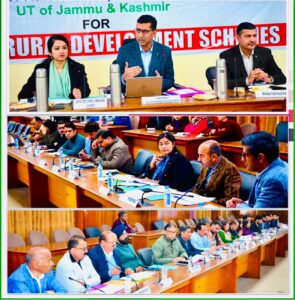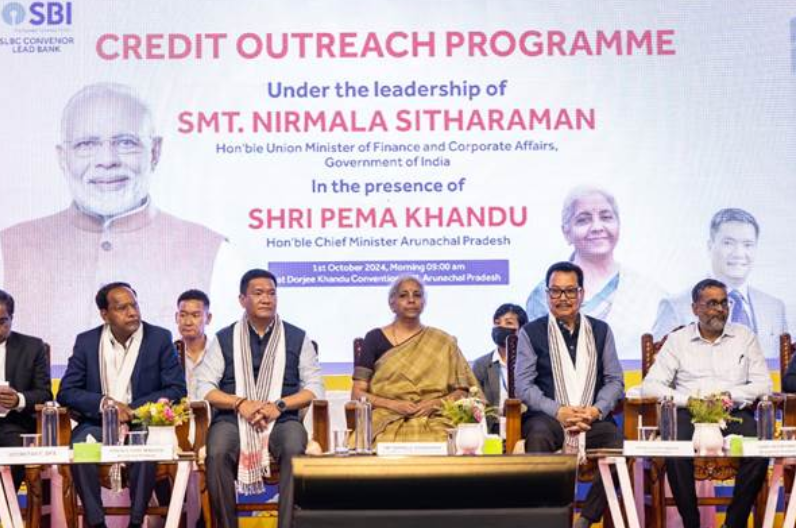The legal landscape governing marriages between Non-Resident Indians (NRIs) and Overseas Citizens of India (OCIs) with Indian citizens stands poised for a significant transformation. The 22nd Law Commission of India recently submitted a comprehensive report, titled “Law on Matrimonial Issues Relating to Non-Resident Indians and Overseas Citizens of India,” outlining critical recommendations for safeguarding the rights and interests of all parties involved.
 Currently, navigating the legalities of cross-border marriages in India is akin to piecing together a puzzle with missing pieces. Existing laws are scattered across various acts, leading to confusion, inconsistencies, and vulnerabilities, particularly for women. The Law Commission proposes dismantling this fragmented system and establishing a single, comprehensive central legislation to address all facets of NRIs/OCI marriages with Indian citizens. This unified approach would ensure clarity, streamline procedures, and create a level playing field for all parties.
Currently, navigating the legalities of cross-border marriages in India is akin to piecing together a puzzle with missing pieces. Existing laws are scattered across various acts, leading to confusion, inconsistencies, and vulnerabilities, particularly for women. The Law Commission proposes dismantling this fragmented system and establishing a single, comprehensive central legislation to address all facets of NRIs/OCI marriages with Indian citizens. This unified approach would ensure clarity, streamline procedures, and create a level playing field for all parties.
The proposed legislation envisions going beyond the mere mandate of compulsory marriage registration. It delves into critical areas like divorce proceedings, maintenance for spouses and children, child custody arrangements, and the efficient service of legal documents on NRIs/OCIs residing abroad. By addressing these often-contentious issues within a single legal framework, the report aims to ensure fair and timely resolution of disputes, minimizing emotional and financial burdens for individuals involved.
One of the crucial recommendations focuses on enhancing transparency and accountability within cross-border marriages. The report proposes mandating the declaration of marital status in passports, linking spouses’ passports for better tracking, and incorporating Marriage Registration Numbers on both passports. This enhanced transparency would empower individuals to make informed decisions, deter potential fraudulent activities, and facilitate legal proceedings where necessary.
Recognizing the vulnerability of women entering into marriages with NRIs/OCIs, the Law Commission underscores the importance of awareness and informed decision-making. The report recommends collaborative efforts between the government, the National Commission for Women, and other relevant agencies to conduct awareness programs targeted at women and their families considering such marriages. Equipping individuals with crucial information about legal rights, cultural differences, and potential challenges would empower them to make informed choices and safeguard their well-being.
While the Law Commission’s report paves the way for a more robust legal framework, its successful implementation hinges on collaborative efforts from various stakeholders. The government needs to carefully consider the recommendations, conduct further consultations with legal experts, and involve civil society organizations to ensure the new legislation is inclusive and effective and upholds the rights of all individuals involved. Public discourse and feedback during this crucial stage are paramount to shaping a just and equitable legal landscape for cross-border marriages in India.




